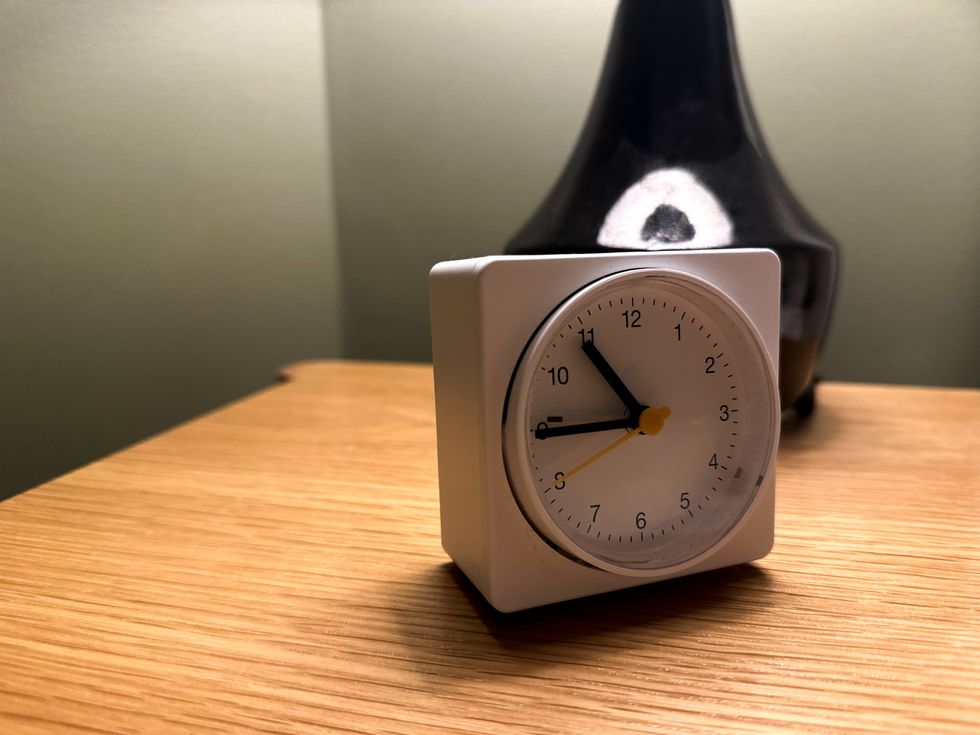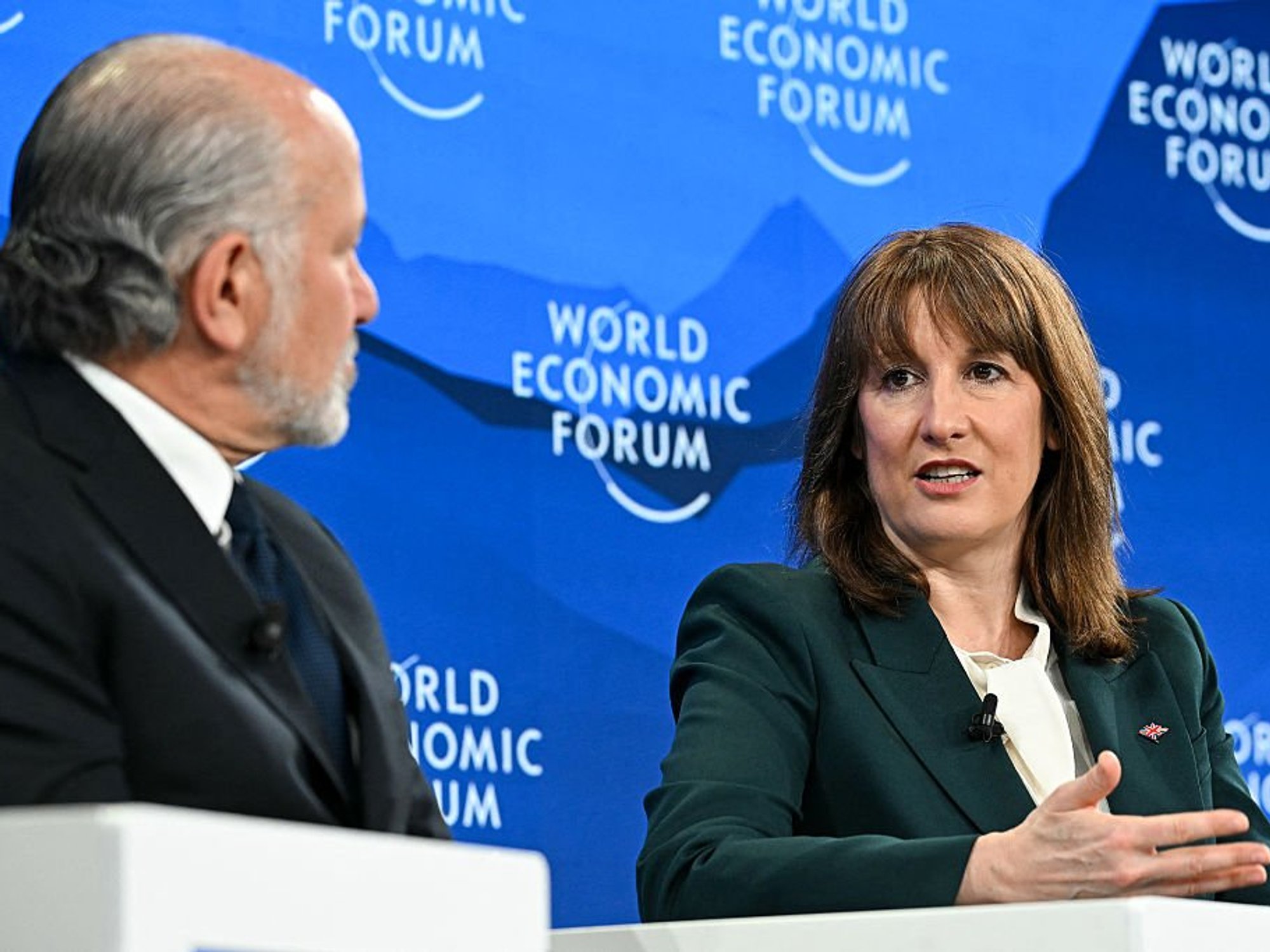When do you eat breakfast? Scientists warn timing of your first meal may matter for longevity

A delayed breakfast may be linked to various physical and psychological ailments, new findings suggest
Don't Miss
Most Read
Fresh findings from a major longitudinal investigation have uncovered a concerning connection between when elderly individuals consume their morning meal and their risk of dying prematurely.
Postponing breakfast was linked not only to heightened death rates but also to various physical and psychological ailments, a new analysis has revealed.
Nearly 3,000 British residents between the ages of 42 and 94 were tracked across two decades. Researchers closely monitored how their eating schedules evolved with advancing years.
Their findings suggest that mealtime patterns may serve as indicators of declining health in ageing communities.

People may gradually reduce the daily timeframe during which they eat as they get older
|GETTY
Researchers discovered that participants gradually shifted their eating patterns as they grew older, consuming both morning and evening meals progressively later.
They also simultaneously reduced the daily timeframe during which they ate.
Published in Communications Medicine, the study represents collaborative work between Massachusetts General Hospital's nutrition scientist Hassan Dashti and Altug Didikoglu from Turkey's Izmir Institute of Technology.
Their analysis tracked how these temporal changes in eating habits corresponded with various health outcomes over the extensive follow-up period.
The research identified multiple health complications connected to postponed morning meals among elderly participants.
Depression, persistent tiredness and dental health issues emerged as conditions frequently observed in those who ate breakfast later.
Delayed mealtimes also appeared to be linked to challenges with food preparation and disrupted sleep patterns.
Most significantly, the data demonstrated that individuals who consistently ate breakfast later faced elevated mortality rates throughout the monitoring period.
The study also found that people with genetic markers associated with evening chronotypes naturally gravitated towards later meal consumption, suggesting biological influences on eating schedules in addition to lifestyle factors.
LATEST DEVELOPMENT:

Time-restricted eating and intermittent fasting have gained widespread adoption
|GETTY
"Our research suggests that changes in when older adults eat, especially the timing of breakfast, could serve as an easy-to-monitor marker of their overall health status," stated Hassan Dashti, the study's principal investigator.
He noted that healthcare providers and patients might use alterations in dining schedules as preliminary indicators warranting investigation into potential physical and psychological concerns.
"Encouraging older adults in having consistent meal schedules could become part of broader strategies to promote healthy ageing and longevity," Dashti added.
The researcher cautioned that while time-restricted eating and intermittent fasting have gained widespread adoption, their effects on elderly populations might vary considerably from younger demographics.











